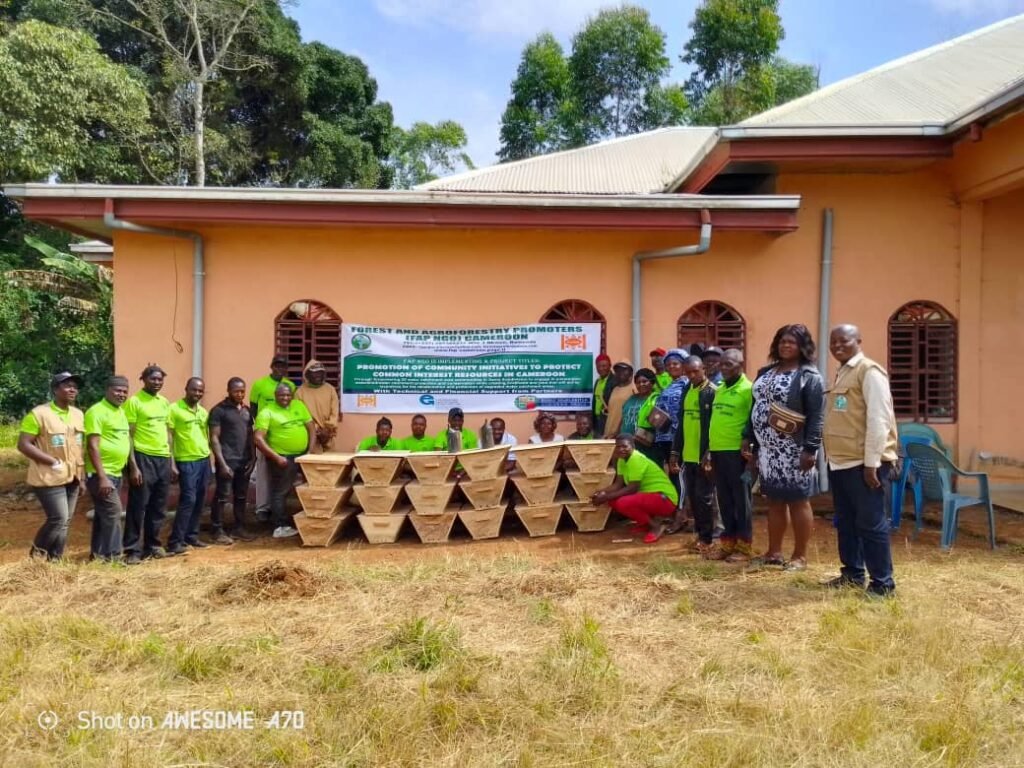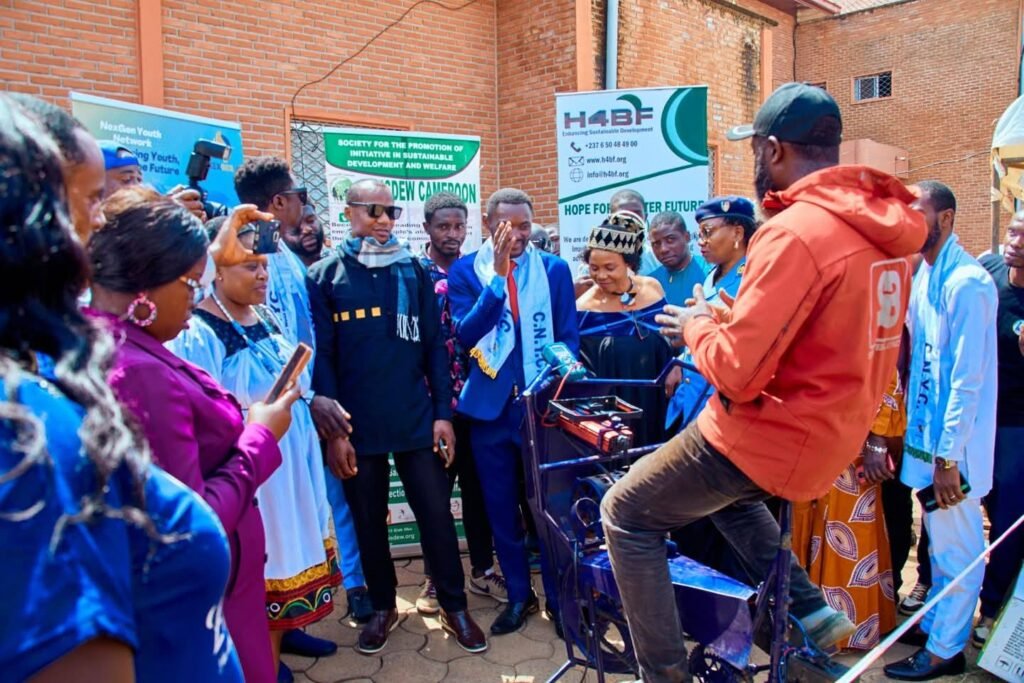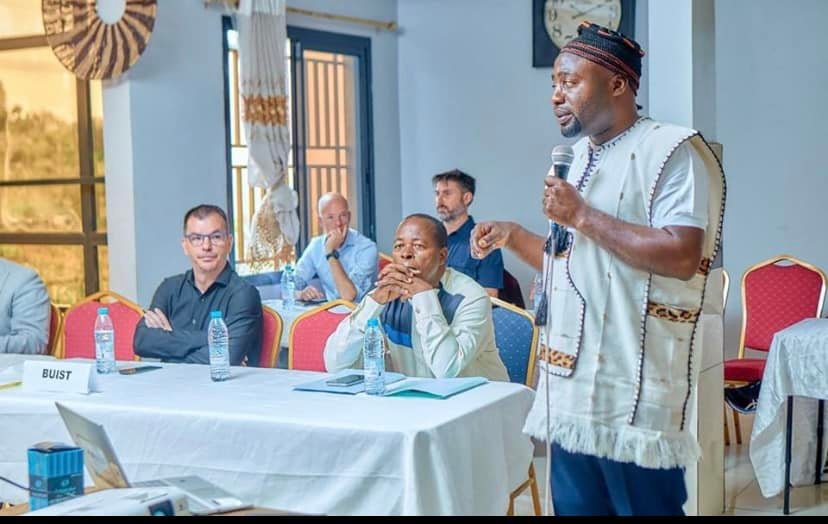Follow Us On
Forest and Agroforestry Promoters (FAP NGO) was created in 2001 and legalised with the government of Cameroon on the 9th of March 2004 with reference number: 137/E31/067/SCAB.

We are dedicated to the sustainable management and conservation of forests while promoting agroforestry practices that benefit both the environment and local communities.
Large or small groups can be escorted by FAP to observe the hippopotamuses, visit island villages on the lake at Baminjin, or explore the woodlands.
Our primary goal is to enhance and expand the capabilities of VET instructors and trainers; to promote staff, teacher, and student exposure to cutting-edge blended VET materials utilizing renewable energy and the twenty-first century.
With the help of potential mitigation and adaptation strategies, this initiative seeks to address the problems of subpar farming practices that exacerbate the consequences of climate change.
The introduction of a new farming technique (SRI) to Cameroon through a unique global alliance spanning Asia, Europe, and Africa.
Encourage Cameroon to use solar and wind energy to generate green energy.
Carry out Economic empowerment activities and enterpreneurship for Women, Youth and other volnerable groups and facilitate their participation in natural resources management processes












FAP employs gender-sensitive, participatory ways to empower impoverished community people and develop their capacities in order to address these issues. FAP anticipates that this strategy will lessen unemployment and poverty while achieving more equitable access to and control over natural resources within the community.
FAP focuses on the rural population of Cameroon, which constitutes 80% of the total population of the region. The reason for focusing on the rural population is because they depend on natural resources for most of their income-generating activities (crop production, livestock rearing, including beekeeping, and exploitation of timber and non-timber forest products). Because of their poor organization and poor management capacities, these resources are depleting, thereby rendering them even poorer.

Lorem ipsum dolor sit amet

Support Staff

Support Staff

Support Staff

Support Staff

FAP NGO is proudly powered by WordPress